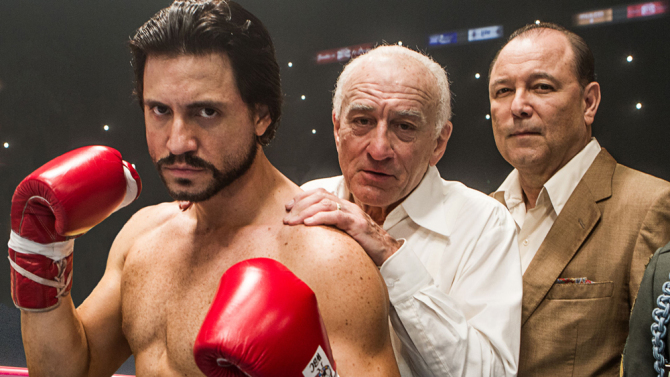 Hands of Stone should be a lot more fun than it is. It’s got all the constituent elements of a good movie; a solid cast, an interesting story, a compelling protagonist. So why does the film fall so short? In a word, focus — or lack thereof. Writer/director Jonathan Jakubowicz’s reach exceeds his grasp, and the result is a profoundly uneven mess of a film that doesn’t work in the very places where it has every right to.
Hands of Stone should be a lot more fun than it is. It’s got all the constituent elements of a good movie; a solid cast, an interesting story, a compelling protagonist. So why does the film fall so short? In a word, focus — or lack thereof. Writer/director Jonathan Jakubowicz’s reach exceeds his grasp, and the result is a profoundly uneven mess of a film that doesn’t work in the very places where it has every right to.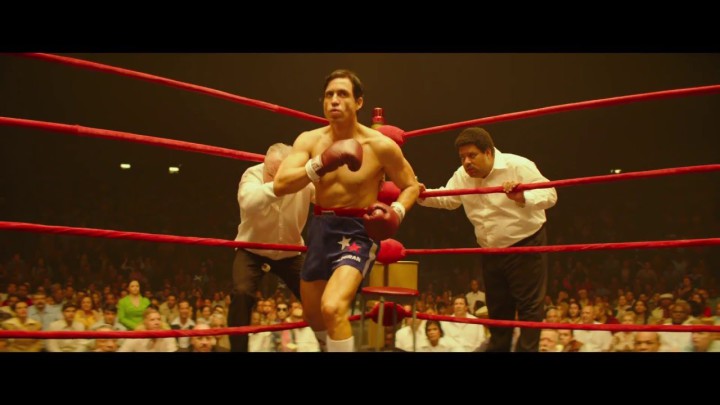
Jakubowicz clearly has a deep affinity for his subject matter here, and rightfully so; Roberto Durán’s athletic accomplishments more than justify the biopic treatment, as his decades-spanning career is a genuine highlight in the annals of boxing history, a chapter not as thoroughly covered as those of Muhammad Ali or Jake La Motta. And Jakubowicz does cover the boxing. The problem is, he tries to cover… well, everything else, too. Sure, it might be relevant to get some insight into legendary trainer Ray Arcel’s (Robert DeNiro) New York mob connections and how they necessitated him to worm his way back into the ring on a technicality after a botched attempt on his life. And it may even be helpful to understand how America’s political stance in Panama in the late ’70s contributed to Durán’s psychological development as a fighter. The problem is, there’s only so much backstory you can shoehorn into 105 minutes of screen time, and Jakubowicz lacks the discretion to know what can simply be implied versus what must be overtly stated. Ultimately, this leads to Hands of Stone amounting to little more than a structural catastrophe hastily strung together by some sloppy voice-over narration.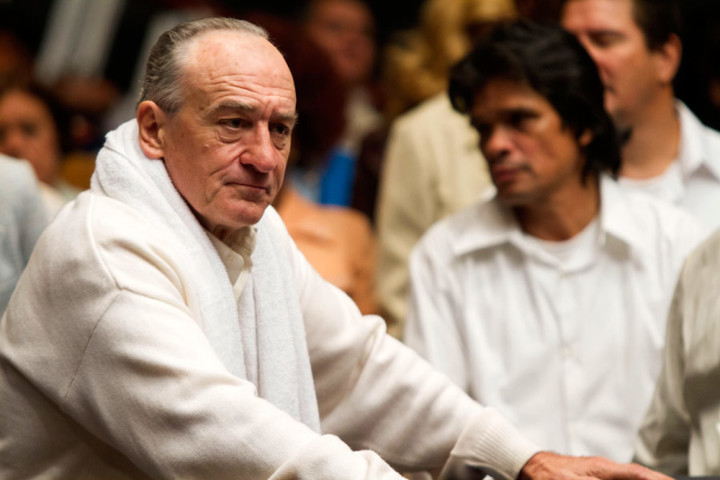
Jakubowicz’s writing certainly shoulders most of the blame for this film’s myriad inadequacies, but his direction doesn’t do him any favors either. Much of his camera work aspires to a sort of quasi-realism, but lazy compositions and some nigh-incomprehensible editing leave the film feeling stylistically muddled. This is most jarring when it comes to the boxing scenes themselves, which seem locked in an aesthetic grudge match with the rest of the film. Sweeping camera movements, music-video style cutting, and an over-reliance on slow motion and dropped frames leave these sequences feeling distinctly out of place in the context of the film as a whole. If you liked the fights in Guy Ritchie’s Sherlock Holmes reboots, this may not be as problematic for you as it was for me. But I found every punch to be nearly unwatchable, which is kind of a deal-breaker in a boxing movie.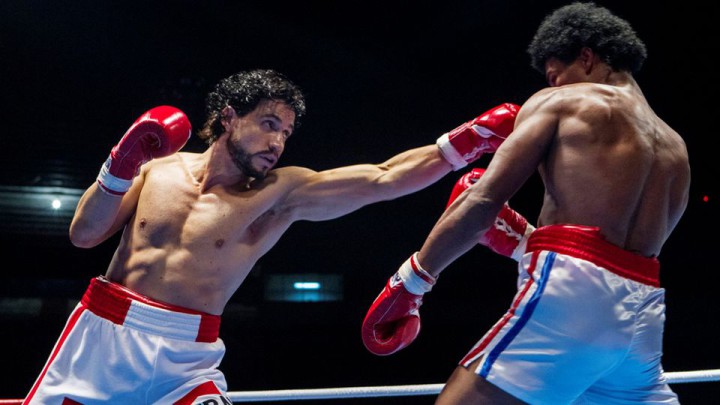
So, does anything work in Hands of Stone? Well, its performances come the closest, but not nearly close enough to garner my recommendation. Edgar Ramirez delivers a thoughtful and nuanced turn as Durán, a performance solid enough that it almost redeems him after last year’s godawful Point Break remake, but it doesn’t quite measure up to his work in Olivier Assayas’ Carlos. I had hoped this would film would constitute a return to form for DeNiro after years of slumming in cut-rate comedies, and he’s competent here, but it’s hard to overlook the fact that this is solidly Grudge Match-era DeNiro, far removed from the halcyon days of his Raging Bull-era virtuosity. Ramirez and DeNiro have a palpable chemistry and clearly work well together, but even this is compromised by Jakubowicz’s bizarre decision to leave in a few flubbed lines, making DeNiro’s dramatic pauses look more like senior moments. The supporting cast fares somewhat better, with Ellen Barkin and John Turturro both as good as ever but shamefully underutilized, and pop star Usher (billed here as Usher Raymond) surprisingly well cast as Sugar Ray Leonard.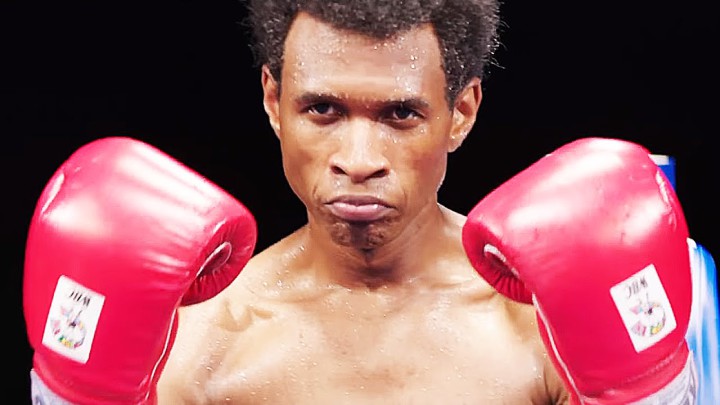
Ultimately, the cast can’t overcome the writer/director’s shortcomings, leaving Hands of Stone punching above its weight. There was promise here to be sure, but like Durán in his second title fight with Leonard, this bloated botch job of a biopic will leave audiences saying “no mas.” Rated R for language throughout and some sexuality/nudity.
Now playing at Carolina Cinemark, Carmike 10, Epic of Hendersonville.



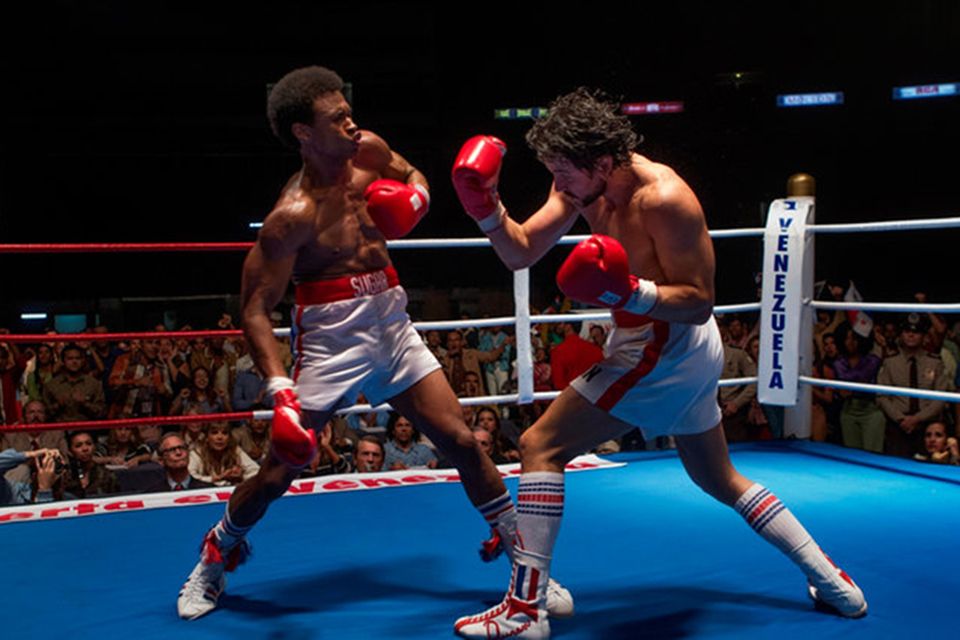
Spot on review. I was hoping that the movie/writers/director might give us an angle on the purported “no mas” theme,
or at least a clue as to why Duran walked away in medias res. We got nothing but the hint that he hadn’t had long enough to train and had eaten too much. Nonsense; a professional athlete in any sport doesn’t need longer than 3 months to get into shape for a contest, and (according to the film) Leonard certainly wasn’t beating the tar out of him. Maybe he thought of something better to do.